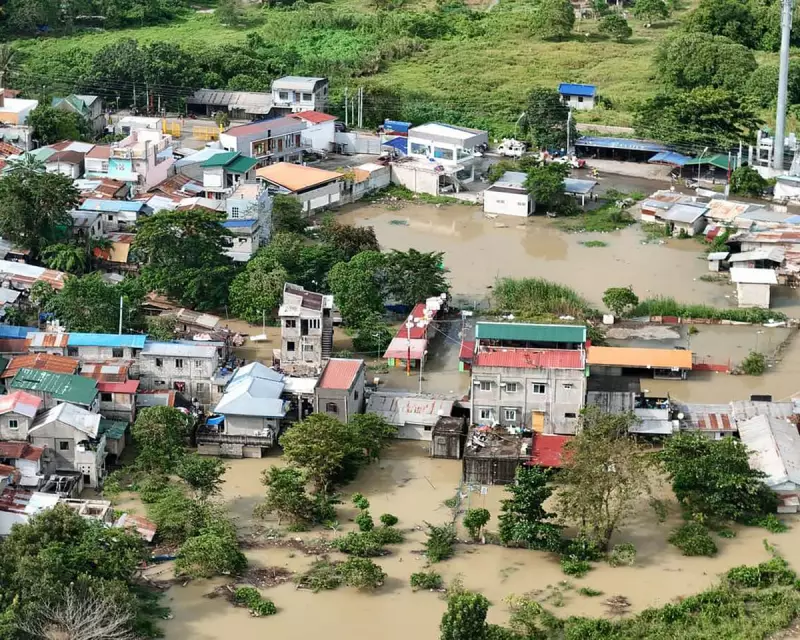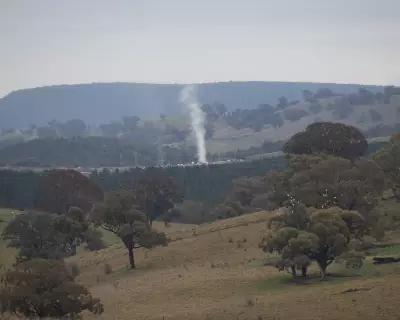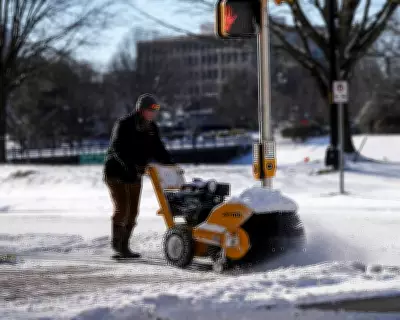
The conversation around climate change is undergoing a critical shift. For decades, the focus has been squarely on mitigation - reducing emissions to prevent catastrophic warming. But as the evidence of climate disruption becomes impossible to ignore, a new urgency is emerging: we must learn to adapt to the changes already upon us.
The Unavoidable Reality
From unprecedented heatwaves scorching European cities to devastating floods submerging communities, the climate crisis is no longer a distant threat. It's happening now, and its impacts are accelerating faster than many predicted. The stark truth is that even with aggressive emission reductions, the climatic changes already set in motion will continue to unfold for decades.
Adaptation: The Unspoken Challenge
While cutting carbon remains essential, adaptation represents the next frontier in our climate response. This isn't about surrender; it's about smart survival. Adaptation means rethinking how we build our cities, manage our coastlines, and grow our food in a rapidly changing world.
What Effective Adaptation Looks Like
- Urban planning that incorporates green spaces and flood-resistant infrastructure
- Agricultural innovation to develop climate-resilient crops
- Early warning systems for extreme weather events
- Coastal protection strategies that work with natural ecosystems
The Political Hurdle
Despite the clear need, adaptation faces significant political challenges. Unlike emission reduction targets, adaptation measures are often local, specific, and difficult to quantify in simple metrics. There's no equivalent to "net zero" for resilience, making it harder to build political momentum.
Yet the cost of inaction is becoming increasingly visible. The economic damage from climate-related disasters now runs into billions annually, affecting everything from insurance premiums to food prices.
A Call for Balanced Action
The most effective approach combines continued emission reductions with robust adaptation planning. We need both: to treat the cause while managing the symptoms. This dual strategy represents our best hope for navigating the climate challenges ahead while building a more resilient society for future generations.
The time for viewing adaptation as a secondary concern has passed. As climate impacts intensify, our ability to adapt will determine not just our quality of life, but in many cases, our very survival.





